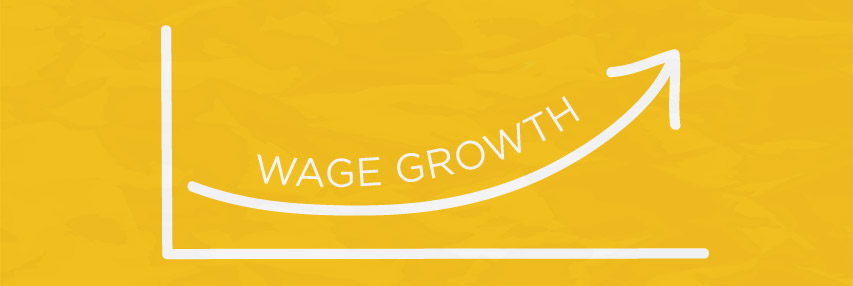Should You Buy a Home Before Year-End? 4 Reasons to Consider Taking the Plunge
With the dog days of summer behind us, the real estate market should soon be experiencing an end-of-season cool-down. But that doesn’t mean prospective homebuyers should cool off, as well.
If you’ve been thinking about buying a home, taking the plunge before year-end could save you money, give you extra negotiating power and potentially even increase your future take-home pay. Here are three things that make the fourth quarter of 2015 a great time to buy a home.
Read more



